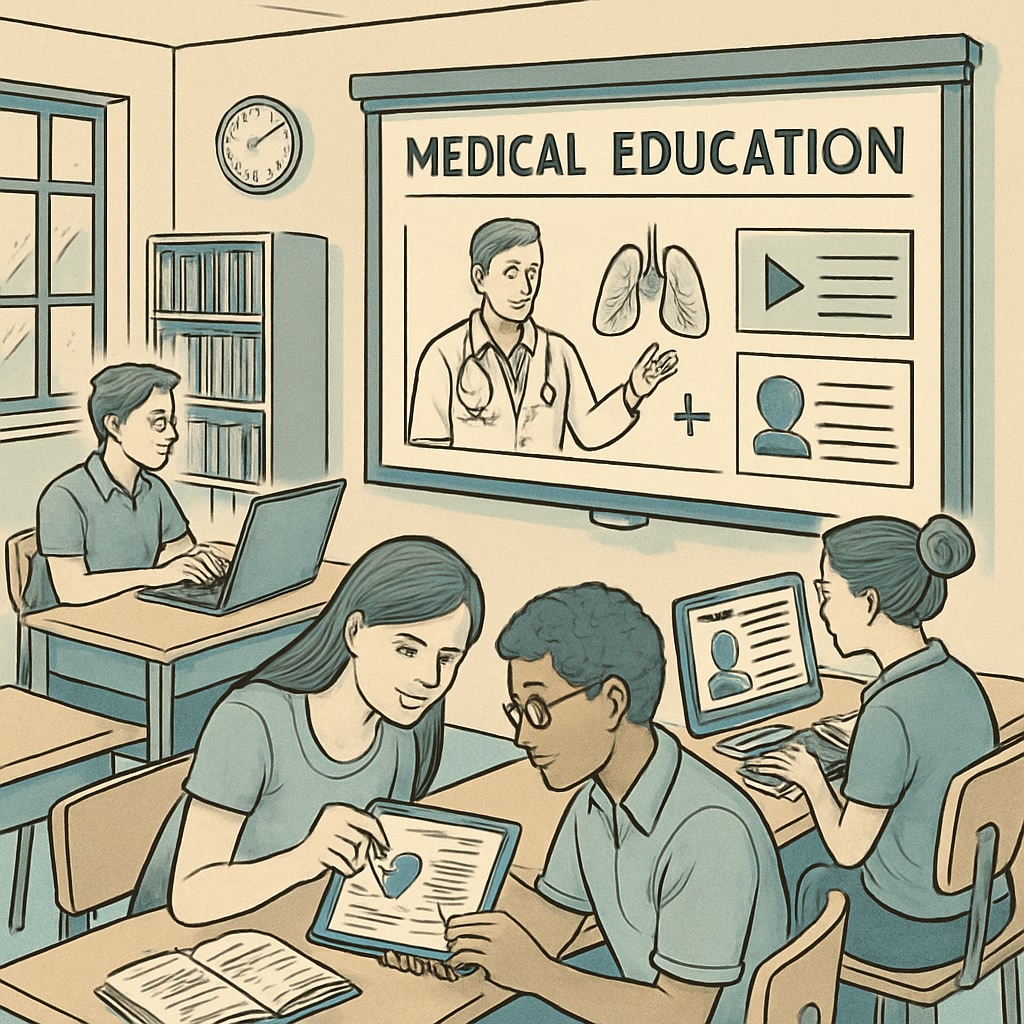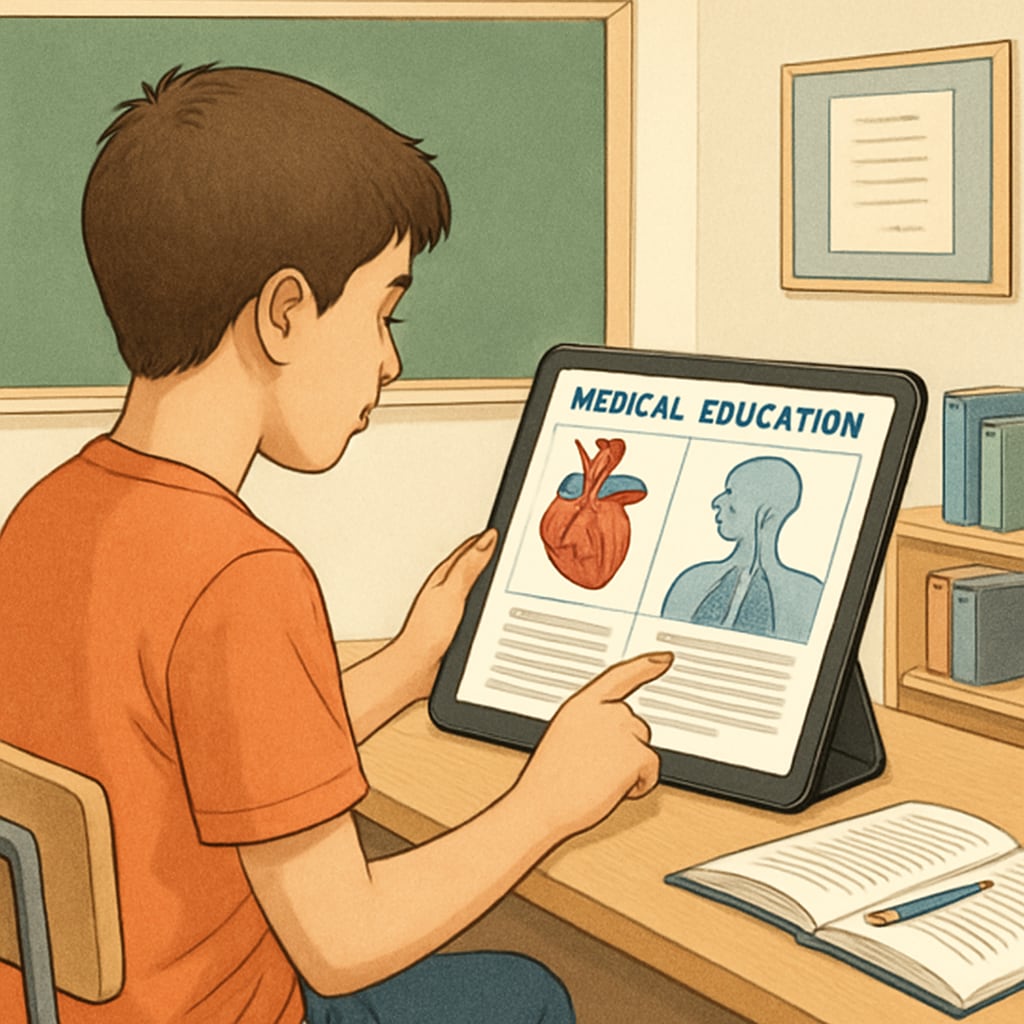In today’s world, where health awareness is paramount, the idea that medical education is confined to professionals is rapidly evolving. Integrating medical education, non-medical backgrounds, and online courses within K12 curricula offers an innovative approach to fostering health literacy from an early age. By exposing students to age-appropriate medical concepts, educators can empower them with essential knowledge for lifelong learning and informed decision-making.

Why Include Medical Education in K12 Curricula?
Medical education at the K12 level aims to build foundational health literacy. This is critical as students navigate a world filled with complex health challenges such as pandemics, mental health crises, and lifestyle diseases. Introducing basic medical concepts in schools helps students understand human biology, the importance of hygiene, and how to make choices that positively impact their well-being.
For example, students can learn about the immune system, the importance of vaccinations, and the principles of mental health care. Such knowledge fosters curiosity about science and equips them to engage more actively in discussions about public health. Furthermore, medical education tailored for non-medical learners avoids overwhelming students with technical jargon, focusing instead on practical relevance.
Online Courses as a Gateway to Accessible Medical Education
The rise of online learning platforms has made medical education more accessible than ever. Platforms such as Khan Academy and Coursera offer courses designed for beginners, making them ideal for K12 students. These courses often provide engaging content, including videos, quizzes, and interactive modules.
- Flexibility: Online courses allow students to learn at their own pace, adapting their studies to fit their daily schedules.
- Diversity: Content spans topics such as anatomy, nutrition, and public health, ensuring a broad understanding of medical fundamentals.
- Accessibility: Many of these platforms are free or low-cost, making them an excellent resource for schools and families.

Challenges and Solutions in Implementing Medical Education for Non-Medical Learners
Despite its benefits, integrating medical education into K12 curricula can face challenges. Teachers may lack expertise in medical subjects, and students may find certain topics intimidating. To address these obstacles:
- Teacher Training: Professional development programs can equip educators with the tools and confidence to teach medical concepts.
- Engaging Content: Age-appropriate, interactive resources can make complex topics more accessible.
- Collaborative Efforts: Partnerships with local healthcare providers can bring real-world insights into classrooms.
These solutions ensure that medical education is both effective and enjoyable for students, laying the groundwork for lifelong learning.
The Future of Medical Education in K12 Schools
Looking ahead, the integration of medical education into K12 curricula has the potential to transform education and public health. By introducing students to basic medical knowledge early, schools can nurture a generation of informed individuals who prioritize their health and engage meaningfully in societal health issues.
As online courses continue to evolve, they will remain a vital resource for bridging the gap between professional medical education and non-medical learners. Collaboration between educators, healthcare professionals, and technologists will be key to unlocking the full potential of this interdisciplinary approach.
In conclusion, incorporating medical education, non-medical backgrounds, and online courses into K12 learning is a forward-thinking strategy to empower students. By building health literacy early, we pave the way for a healthier, more informed society.


